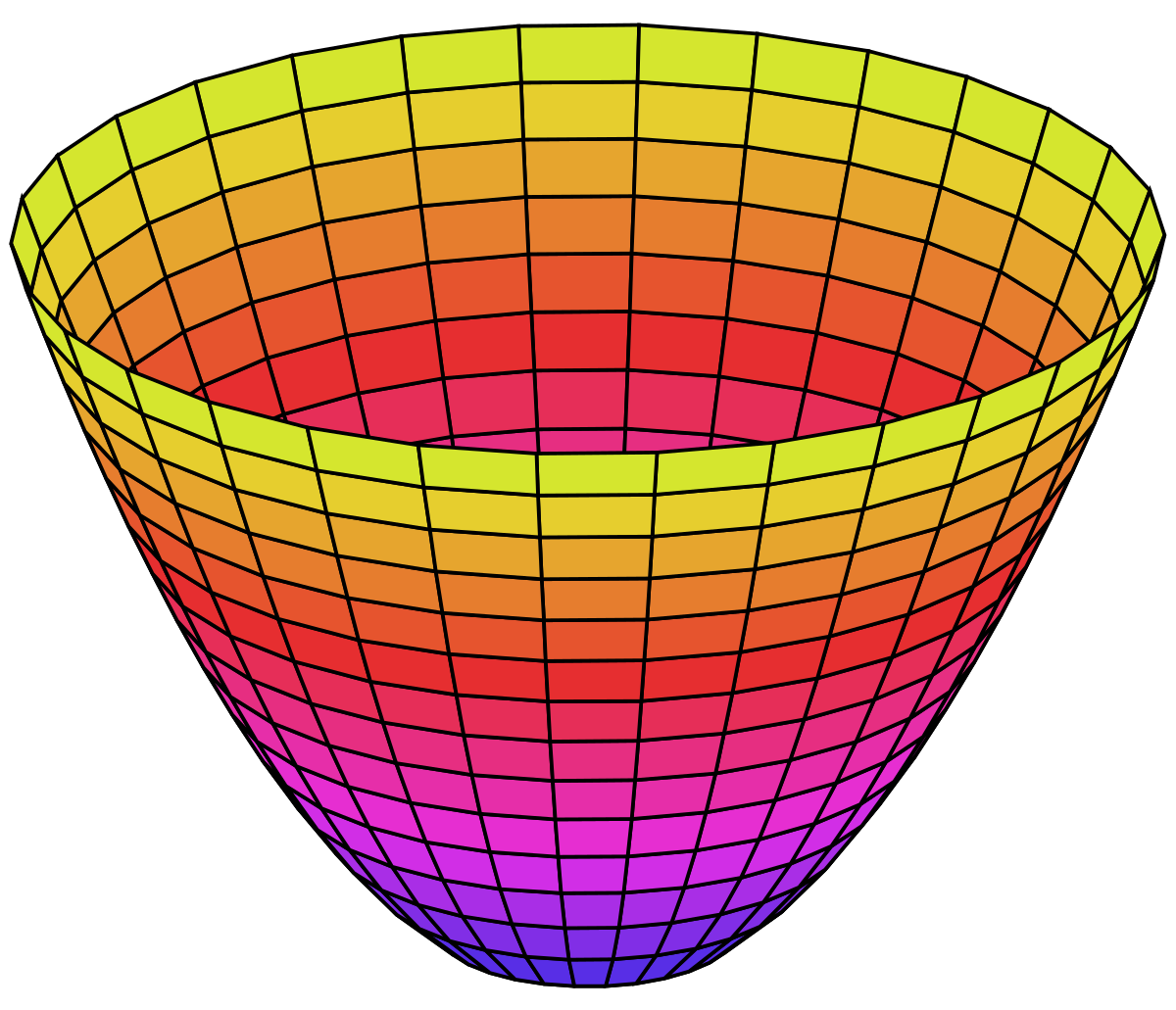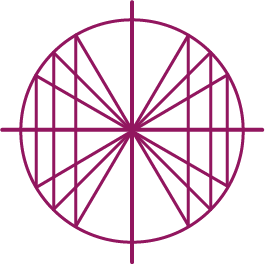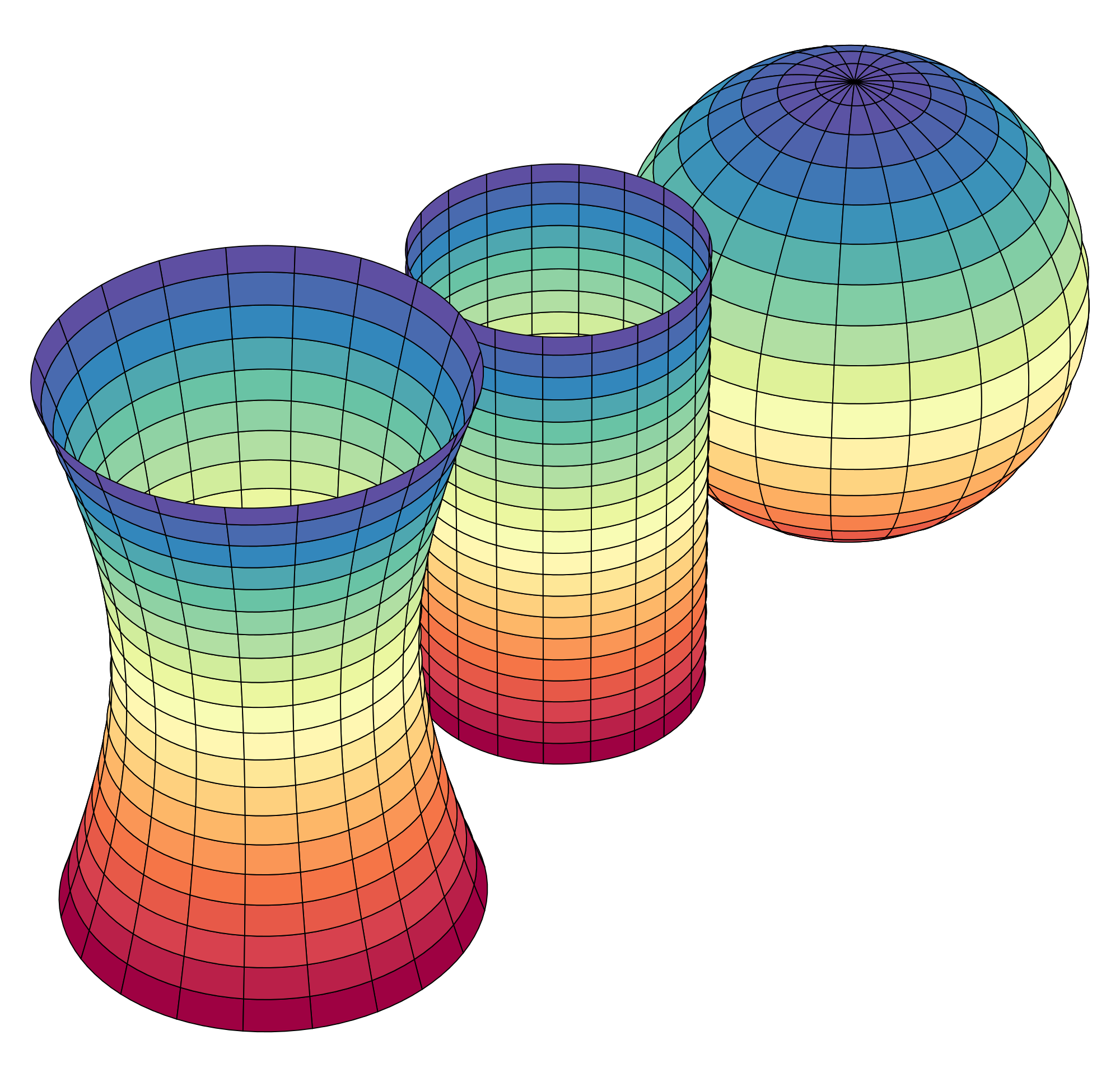Who Can Enroll?
 The short answer: Anyone.
The short answer: Anyone.
Revised answer: Anyone with a (decent) computer and (stable) internet connection..
Institutional Requirements
To enroll in Distance Calculus @ Roger Williams University, you will be registered as a Non-Degree Seeking, Non-Matriculating Student student. This category is for students who are taking just 1 or 2 (or a few) courses at Roger Williams University - University College. At other college/universities, these special admission areas are sometimes called "Extension Schools".
Unlike regular admission to Roger Williams University, you do not have to complete SAT exams, write an entrance essay, submit high school transcripts, etc. Accordingly, you are not eligible as a "Non-Matriculating" student to pursue any degree-granting courses or obtain a Bachelor's or Master's or Ph.D. degree at Roger Williams University (without further applications).
But most likely, your academic plans are at another college/university, and you just need to take one or more Calculus courses to satisfy some requirements, and you wish to complete these courses via Distance Calculus for one of many reasons, including flexibility of scheduling, interest in technology-based curriculum, etc., and transfer these academic credits to your main academic institution.
Possibly you are not a student at another academic institution at all! We have many students who are taking Distance Calculus as a refresher course, or part of a professional development plan at their place of work, or in preparation for a graduate school application, or are retired and looking for some academic challenges.
Academic Requirements / Prerequisites
The only significant academic requirement for enrolling in Distance Calculus is meeting the prerequsities for the courses. For Calculus I, for example, the prerequisite is "a course in precalculus".
A very common question we receive from students is: "I took precalculus 10 years ago, do I need to take it again before enrolling in Distance Calculus?"
The answer to this question is no in most cases. If we detect a weakness in your academic background surrounding issues in precalculus, for example, we will assign you extra modules at the precalculus level for you to strengthen your skills in that area. Due to the Mastery Learning approach of Distance Calculus, you can go as slow or as fast as you like through the material, so if you need extra time on precalculus, you take an extra few days/weeks to review that material and improve your skills.
If you have not actually taken a prerequisite course and would like to "skip it", that, of course, is not allowed. We do require all new students to submit proof of completion of prerequisite courses via academic transcript.
Distance Calculus Students are...
In summary, "who can enroll" might best be explained via a list of the most common types of students we have in Distance Calculus:- Working Professionals
A working adult taking college classes at night, aiming to complete a B.A. or M.A. at a local institution, who is taking a Distance Calculus course. - Undergraduate Students
An undergraduate student who cannot fit calculus into his/her schedule at her main academic institution, or did not like the large and impersonal classrooms, etc., and prefers to take calculus via Distance Calculus on-line. - High School Students
High school students who are advanced, and have completed their school's AP Calculus course, and could like to continue their calculus studies rather than wait until they start university. Or, at some high schools, AP Calculus is not offered. - Military Personnel
We have many students who are currently in the military, sometimes in hostile areas of the world. The flexibility of Distance Calculus allows them to concentrate on their military duties, and work on their calculus studies when their tours have ended or taken a break. - Graduate School-Bound
Students who have completed an academic degree, and are planning to return to a further academic program (i.e. graduate school), and need to bolster their graduate school application by completing some further math courses. - Life-Long Learners
Without a degree goal or other similar plans, we have many students who are just interested in the academic challenges inherant in a student of calculus, and take our courses for pure intellectual interest. - Grammar/Middle School Teachers
In many districts, teachers are required to continue their professional development in their general and specialization areas. Distance Calculus can provide satisfaction of these requirements in many cases.
 Freshman Math Courses
Freshman Math Courses
- Applied Calculus for Business [3 credits] [3CR]
- Applied Calculus for Life Science [3 credits] [3CR]
- Calculus I[4 credits] [4CR]
- Calculus II[4 credits] [4CR]
 Sophomore Math Courses
Sophomore Math Courses
- Multivariable Calculus III [4 credits] [4CR]
- Differential Equations [3 credits] [3CR]
- Linear Algebra [4 credits] [4CR]
- Probability Theory [3 credits] [3CR]
 Honors Math Courses
Honors Math Courses
- Honors Calculus I [5 credits] [5CR]
- Honors Calculus II [5 credits] [5CR]
- Honors Calculus I+II for Data Science [5 credits] [5CR]
- Honors Multivariable Calculus [5 credits] [5CR]
- Honors Differential Equations [4 credits] [4CR]
- Honors Linear Algebra [5 credits] [5CR]
- Honors Linear Algebra for Data Science [5 credits] [5CR]
 Lower Division Math Courses
Lower Division Math Courses
- Precalculus with Trigonometry [4 credits] [4CR]
- Introductory Statistics [4 credits] [4CR]
- Finite Mathematics [3 credits] [3CR]
- Discrete Mathematics [4 credits] [4CR]
 Upper Division Math Courses
Upper Division Math Courses
- Computational Abstract Algebra [4 credits] [4CR]
- Computational Differential Geometry [4 credits] [4CR]

